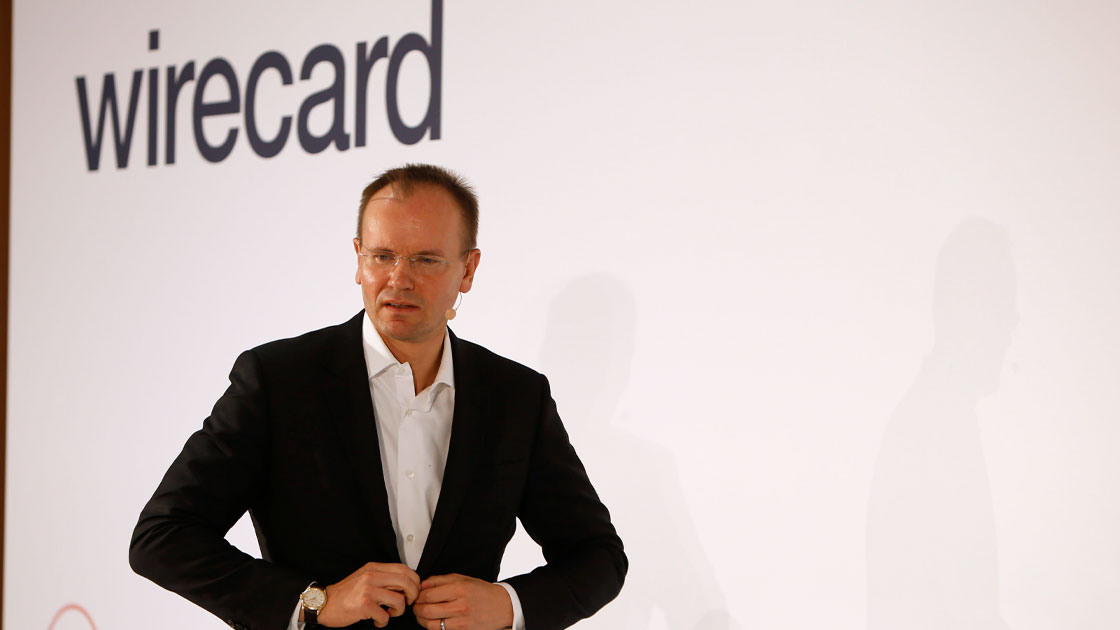On March 10, prosecutors in Munich accused the former CEO of bankrupt German fintech firm Wirecard, Markus Braun, of fraud, breach of trust, falsified accounts, and market manipulation. He faces up to 15 years in prison.
Initially released on bail in June 2020, Brown was re-arrested in July of that year to bypass absconding. Now his indictment consists of 474 pages - it is based on the interrogation of 450 witnesses and suspects, as well as the results of searches at 40 objects.
At the moment, Brown is the only defendant among the members of the board of directors. In addition to him, the former head of accounting, Wirecard's deputy financial director Stefan von Erffa and a former chief executive from Dubai, whose name has not been released because he was the main witness against Brown, are involved in the case.
All three are accused of conspiring to inflate Wirecard's balance sheet and set up a fictitious outsourcing business in Asia. The investigation suggests that in this way they tried to fraudulently obtain funds from banks and investors, inflate the price of the company's shares and hide the unprofitability of real operations.
On paper, these ventures generated half of the group's annual income, all of its operating income, and €1.9 billion of corporate cash held in escrow accounts in Asia.
Markus Braun denies his guilt. According to sources, he will insist in court that he was a victim of fraud: allegedly the Asian TPA was in good financial condition, but former top manager Jan Marsalek and his accomplices stole all Wirecard funds through a “shadow structure” without his knowledge.
Trending: Dubai World Trade Center To Become a Crypto Hub and Regulator
As key evidence, Brown's lawyers point to €1.4 billion in payments to Wirecard outsourcing partners and other offshore entities between 2015 and 2020, about €900 million of which were transferred through Wirecard Bank accounts.
The former chief executive is expected to say that these funds were Wirecard's income from the TPA business. He will also argue that prosecutors did not investigate the origin and location of these payments, the sources added.
However, neither Visa nor Mastercard were able to find the transactions that Wirecard says went through their system.
Prosecutors suspect that the €1.4 billion payments to outsourcing partners that Brown sees as evidence of the existence of operations were shuffled back and forth to mimic real business.
Brown's trial is expected to start in the fall. Given the complexity of the case and the number of witnesses, the hearing could drag on for several years.
Trending: Bitcoin miner found a forgotten multi-million fortune
Recall that in June 2020, a hole in the balance of almost € 2 billion was discovered in Wirecard accounts. Later, the company began bankruptcy proceedings.
Former Wirecard executive Jan Marsalek, who has been called the mastermind behind the accounting fraud, went into hiding days before Munich prosecutors issued a warrant for his arrest. A former high-ranking official of the Austrian secret service and an ex-deputy from the right forces were arrested on suspicion of organizing the escape.
Marsalek's whereabouts are still unknown. According to some reports, he fled to Russia.
As part of the Wirecard criminal case, the Munich prosecutor's office is investigating the possible connection of the Lithuanian fintech company Finolita with the theft of more than €100 million from the payment service in the weeks before its collapse.






